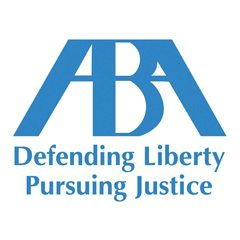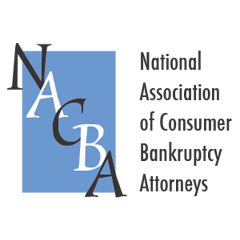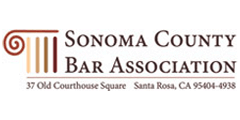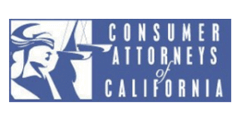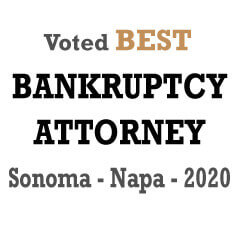Chapter 7 Bankruptcy
Attorney Brian Barta Discusses Advantages of Chapter 7 Bankruptcy
Of the two main types of bankruptcy, Chapters 7 and 13, you can think of Chapter 7 bankruptcy as simple, inexpensive and quick. The majority of bankruptcies filed are Chapter 7s. From filing to finish is approximately 3-1/2 months; the attorney fee is very reasonable, and most importantly all of your unsecured debt is discharged, i.e., wiped out. You get rid of credit card debt, medical bills, personal loans, and all other obligations.
Secured debts are not discharged in Chapter 7. Secured debts are those loans that have collateral that can be repossessed for non-payment; car and truck loans, motorcycle and boat loans, and of course home loans are the most common types of secured debt. In Chapter 7 you can keep all of those items of property by simply continuing to pay the monthly payments. In fact, mortgages, auto loans and other secured loans are not affected by the Chapter 7 filing unless……
Chapter 7 Bankruptcy Provides Options
Sometimes people file a Chapter 7 with the intention of discharging their unsecured debt and dumping a burdensome and expensive vehicle or home loan. In that case the collateral can be returned through the bankruptcy and the total debt is discharged just like unsecured debt.
The Chapter 7 process is simple: The attorney gathers information and documents from the client; prepares the bankruptcy petition; sits down with the client to carefully review and sign the bankruptcy petition; and files the case with the Court. That process usually takes 7 to 10 days. An emergency filing to stop a wage garnishment or foreclosure can be done in 1 day.
The Law Offices of Brian Barta offers personal and caring attention in a judgment-free environment, with our founder handling your case personally from start to finish. He will oversee every aspect of your case and carefully guide you through the Chapter 7 or Chapter 13 legal process.
Stopping Creditors In their Tracks
The moment the case is filed, by law all creditors’ collections must cease. The Court clerk sends out legal official notice in the mail to every creditor notifying them that they can’t call you, mail statements, invoices, or collection letters, or file collection lawsuits. Creditors are stopped by law from contacting you in any manner. In fact, a creditor trying to contact a debtor is breaking the law and can be ordered by the Bankruptcy Court to pay you monetary sanctions.
There are only 2 things the debtor has to do after the Chapter 7 is filed: 1) appear at a hearing, and 2) take a second short on-line course. After that the Court issues a discharge order which permanently enjoins (stops) all creditors from collecting in the future.
In summary, in Chapter 7 you get rid of your debts, keep your property, and finish your case in a few short months.

